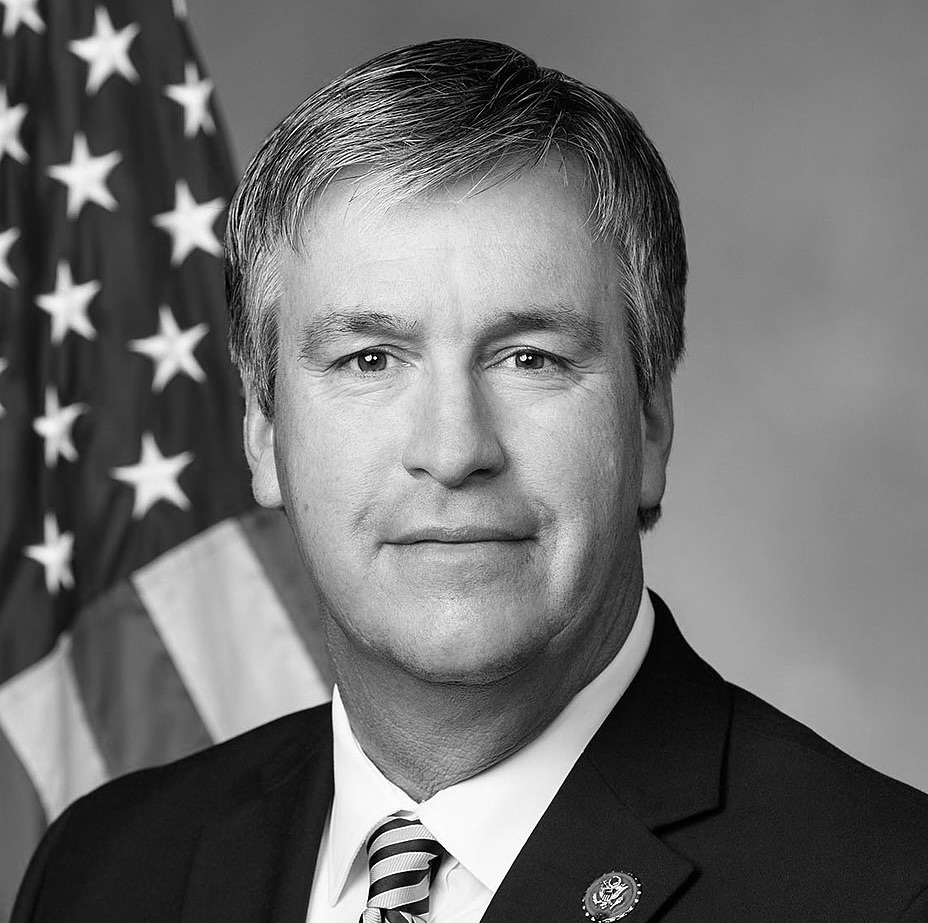WASHINGTON — A new bill introduced in the U.S. House of Representatives directing the National Institutes of Health to study “Trump Derangement Syndrome” has drawn widespread criticism for its apparent frivolity and political posturing, with Alabama’s own Rep. Barry Moore among its co-sponsors.
The measure, H.R. 3432, dubbed the “Trump Derangement Syndrome Research Act of 2025,” was introduced May 15 by Ohio Rep. Warren Davidson and quickly attracted attention for its unusual premise. The bill defines “Trump Derangement Syndrome,” or TDS, as “a behavioral or psychological phenomenon characterized by extreme or irrational reactions to Donald Trump,” but the term is not recognized by any medical or psychological authority.
The legislation would require the NIH to investigate the origins, social impact, and possible “patient zero” of TDS, while also studying the effects of media and political polarization. It cites two alleged assassination attempts against Trump in 2024 as evidence of the syndrome’s real-world dangers, though it offers no clinical basis for the diagnosis or its connection to violent incidents.
Public health experts and mental health advocates have dismissed the bill as a political stunt. The American Psychological Association does not recognize TDS as a legitimate diagnosis, and critics argue the bill is little more than an attempt to silence criticism of the former president by medicalizing political disagreement.
Rep. Barry Moore, a Republican from Alabama’s 2nd District, is listed as a co-sponsor of the bill. Moore, whose district includes parts of southeast Alabama and the Wiregrass region, has previously aligned himself with controversial legislative efforts and hard-right positions within the GOP.
The bill’s language is notable for its lack of scientific rigor. It references “media amplification” and “polarized responses” to Trump’s 2016 campaign as early examples of TDS, but offers no peer-reviewed research or clinical studies to support its claims. Instead, it relies on anecdotal observations and political rhetoric.
Political analysts say the bill is emblematic of a broader trend in which lawmakers use congressional time and resources to stoke partisan divisions rather than address substantive issues. With Congress facing pressing challenges—from healthcare access to infrastructure—critics argue that H.R. 3432 is a waste of taxpayer-funded research time and a distraction from real governance.
The legislation is currently pending in the House Committee on Energy and Commerce, where it is not expected to advance. Even so, its introduction has sparked debate about the erosion of serious policymaking in Washington and the increasing use of congressional platforms for performative politics.
Mental health professionals have repeatedly emphasized that the term “Trump Derangement Syndrome” is not a clinical diagnosis and should not be treated as such. They warn that conflating political disagreement with mental illness is dangerous and undermines legitimate discussions about mental health.
Alabama political observers note that while Rep. Moore’s involvement may appeal to his base, it risks further alienating voters who see the bill as evidence of political gamesmanship rather than meaningful representation.
As the bill languishes in committee, its legacy may be simply to remind voters—and the nation—that not every idea that makes its way to Congress is worth taking seriously.

